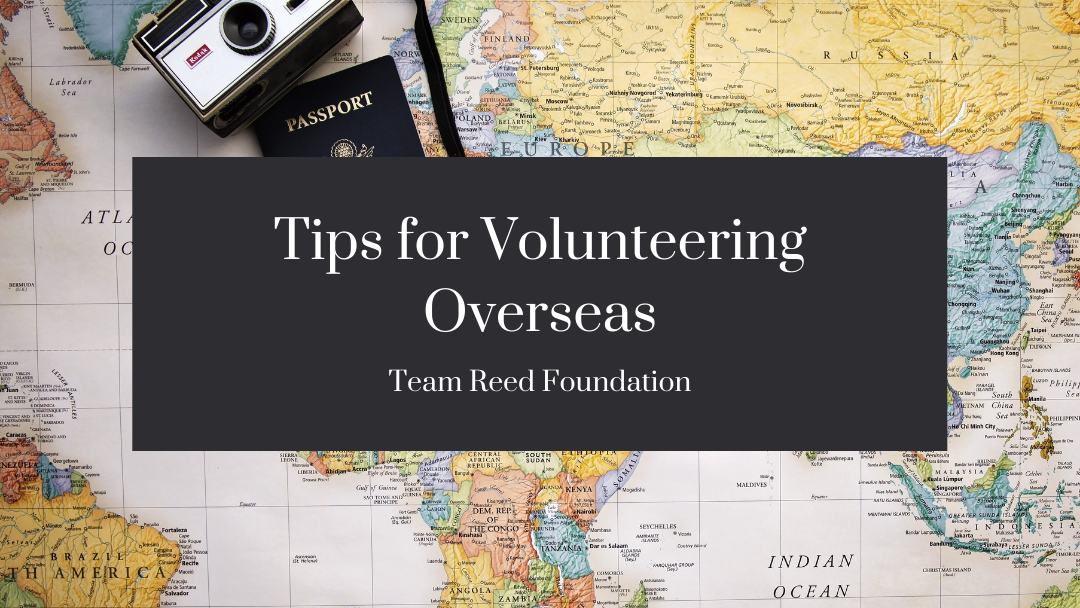Volunteering is one of the most beneficial ways to spend one’s time. While many people prefer to volunteer as close to home as possible, others want to step out and help the world beyond their borders.
However, volunteering abroad isn’t quite the same as volunteering at home. There are different lessons, tips, and tricks worth knowing. It’s critical to do your research before signing up for any project, but here’s some advice to help you get started.
Find the Right Project For You
Most people want to volunteer overseas because they want to make a difference in the world. The programs that send people out are almost always looking for something specific – so find a project that suits your interests and skills. Not only will this make your experience more comfortable, but it ensures that you are leaving the most significant impact possible.
Understand the Cost
Yes, there is a cost to volunteering overseas. The organization you sign up to help will likely not be paying for your trip – they need those funds to do good. Thus, you’ll probably be expected to foot this cost yourself. A program often asks the volunteers to pay one lump fee, but that fee will cover travel, food, plus room and board.
Research, Research, Research
Before going overseas for a volunteer project, it is essential to get some basic research done. First and foremost: research the organization. Make sure that the organization seems to be ethical and isn’t looking to simply take advantage of you and your money.
Next, it’s time to research the project itself. Double-check that the skills required for volunteering match up with the skills you are offering. Finally, it’s time to start studying the destination. With this last bit of research, it is helpful to look up cultural norms, any location-specific information available, and travel advice.
Show Respect
When traveling to a new location for volunteering, one must show respect. Unfortunately, some people volunteer for all of the wrong reasons, heading overseas for a nice photo opportunity.
Don’t be one of those people. Respect the culture – try to work with their traditions, respect their requests, and even make an attempt to learn their language (assuming it isn’t one you already know).

